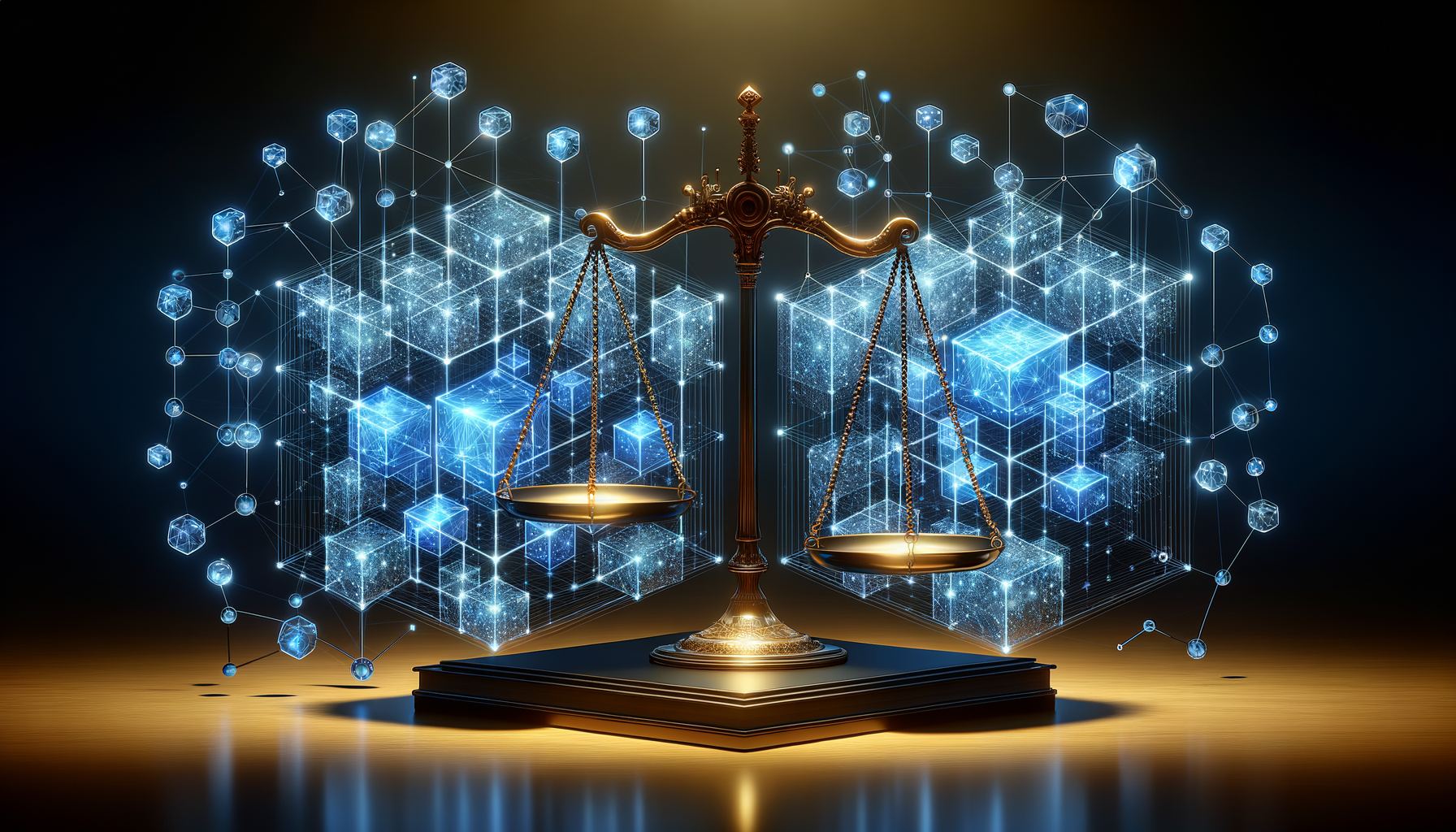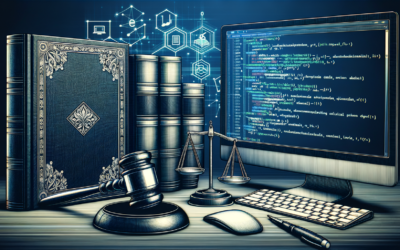Data Rights
With the increasing digitization of our society, data law has become an essential part of the legal sphere. Today, data protection is a key concern for companies, governments and individuals around the world.
What is Data Law?
Data law is a branch of law concerned with regulating the collection, processing, use and protection of personal and non-personal data. This field is constantly evolving, in line with technological innovation and societal changes.
The legal foundations of data protection
Across the globe, numerous laws have been put in place to regulate data rights. In Europe, the General Data Protection Regulation(GDPR) is a landmark example of regulation aimed at protecting citizens’ personal data. It provides a solid framework for their responsible handling.
The RGPD and its implications
The RGPD requires companies to comply with the principles of transparency and purpose limitation in data processing. It also strengthens the rights of individuals by enabling them to control the use of their personal data.
Similar principles in other jurisdictions
Far from being an isolated case, other jurisdictions around the world have adopted similar regulations, such as the California Consumer Privacy Act (CCPA) in the U.S. or the Personal Data Protection Act in Canada.
Corporate responsibility and compliance
Entities handling data have major responsibilities. The adoption of measures such as governance, risk and compliance management (GRC ) is crucial to ensure compliance with the various legislation in force.
Data security
Robust legal cybersecurity systems are essential to protect against theft and data breaches. Legal cloud solutions often offer enhanced security options.
The role of the DPO
The Data Protection Officer (DPO) plays a key role in maintaining compliance and implementing good data management practices within organizations.
Emerging technologies and data law
The emergence of new technologies such asartificial intelligence, blockchain and smart contracts raises new, complex legal issues relating to the use and protection of data.
Artificial intelligence and data
AI has an insatiable hunger for data for processing and machine learning, driving the need for legislation on ethical aspects and information privacy management.
Blockchain and privacy issues
While blockchain promises data transparency and immutability, the protection of identity and personal data remains a key issue to address.
Frequently asked questions
Here is a list of frequently asked questions about data protection.
What are the penalties for non-compliance with the RGPD?
Infringing companies can face significant fines of up to 4% of worldwide sales or 20 million euros, whichever is greater.
Is an SME also affected by the RGPD?
Yes, all companies handling EU citizens’ data must comply with the RGPD, regardless of their size.
How can blockchain comply with the RGPD?
Blockchain compliance with the RGPD is complex, but solutions such as data anonymization can help meet the regulations.
What is privacy by design?
This principle advocates the integration of privacy protection into the design of systems and operations handling personal data.




